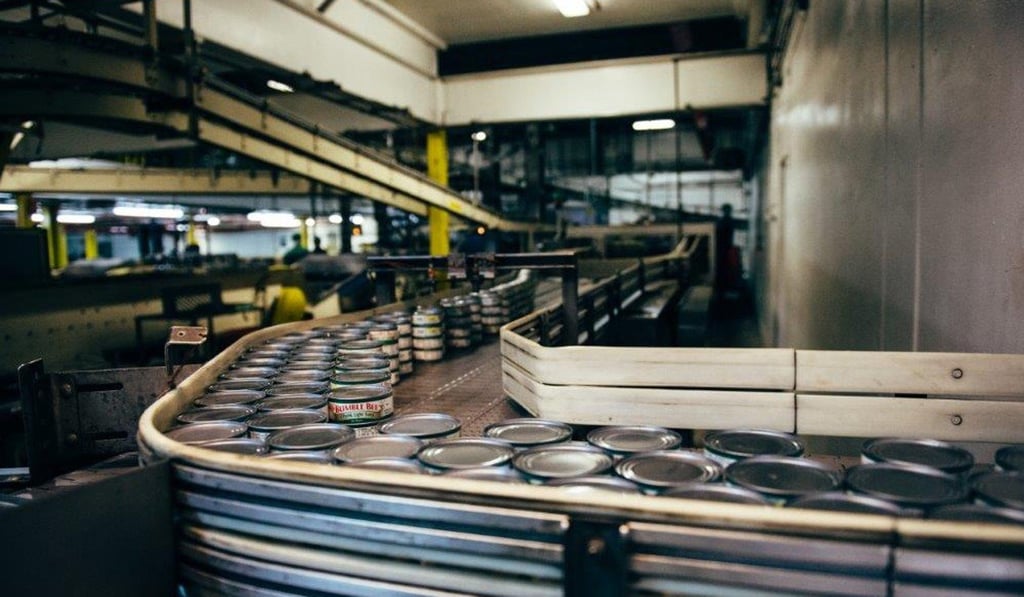US-China trade war was supposed to save American industry, but it is forcing companies to look overseas
- Bumble Bee Seafoods, Cap America and Char-Broil among those considering their options, with manufacturers potentially needing to cut jobs to deal with tariffs
- US President Donald Trump has halted the planned tariff increase from 10 per cent to 25 per cent, but negotiations are ongoing over a long-term deal

They were supposed to bring manufacturing jobs back to the United States, but trade war tariffs on China are causing some American companies to consider moving factories overseas, while others may be forced to make job cuts due to rising costs.
Bumble Bee Seafoods was founded in 1899 by American fishermen who caught, processed and canned fish before selling to a burgeoning US consumer market.
And 120 years later, the company maintains a tuna cannery in California and a clam processing plant in New Jersey, employing 500 people in the US.
Since September, however, it has been paying a 10 per cent tariff on tuna loins imported from China, with fears that should talks between US and Chinese negotiators break down, the tariff could increase to 25 per cent.

As a direct result of the trade war, Bumble Bee is considering closing its California cannery and is actively exploring production options in Southeast Asia.
“This is tuna meat for canning, this is not an issue about intellectual property, this is not about technology, this is not an issue about national security,” said Dave Melbourne, the company’s senior vice-president for consumer marketing and corporate social responsibility, who has spent six months lobbying Washington politicians to exempt his company from tariffs.